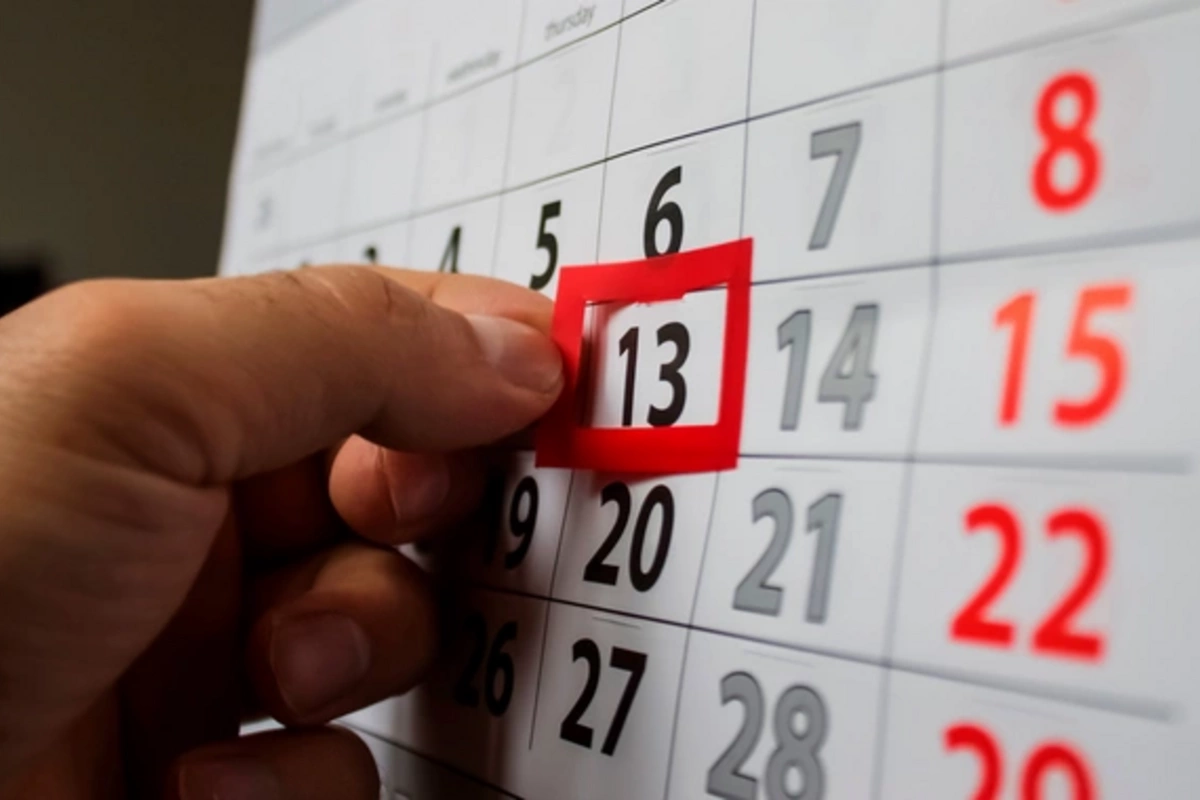13 Jun , 16:25
0

Friday the 13th: a day when superstitions take precedence over reason. Why does an ordinary date cause mass anxiety, making people cancel important meetings and look at the calendar with apprehension? We explore the phenomenon that has become a cultural symbol of an "unlucky day".
Friday the 13th has long become synonymous with mystical coincidences and bad omens. On this day, many suddenly become superstitious: they refuse planned trips, reschedule important events, and instinctively look for a wooden surface to knock on. But what's behind this phenomenon – a simple overlay of two "unfavorable" symbols or a deeply rooted cultural code?
The number 13 historically stands out from the usual order of things. In a world dominated by the harmony of numbers – 12 months in a year, 12 apostles, 12 zodiac constellations – the thirteenth element is perceived as a disruptor of the established balance. Scandinavian mythology adds color: at the feast of the gods, it was the trickster Loki who appeared as the thirteenth, uninvited guest, whose arrival resulted in tragedy and the death of one of the deities. No wonder the number acquired a sinister reputation.
Friday itself carries a heavy historical baggage. In the Christian tradition, it's the day of Christ's crucifixion. The medieval practice of conducting public executions on Fridays only strengthened the negative associations. Friday, October 13, 1307, played a special role – the day of mass arrests of the Knights Templar by order of the French king, which became the beginning of the end for the order.
The merger of these two "unlucky" elements created a superstition that has spread worldwide. It flourished especially brightly in the 20th century, when Friday the 13th became a favorite theme for cinema, literature, and pop culture. Horror films, urban legends, and even special promotions in tattoo parlors have turned this date into a peculiar cultural phenomenon – frightening, but simultaneously attractive.
Meanwhile, science remains skeptical. Research does not confirm that more accidents or troubles occur on Friday the 13th. Some data even suggest the opposite: people show increased caution, which reduces the number of incidents. However, the psychological effect is undeniable – when something unpleasant happens on this day, we instantly connect it to the "fateful date," ignoring thousands of positive events.
Interestingly, superstitions have a pronounced cultural character. Italians fear Friday the 17th, in Spain and Greece Tuesday the 13th is considered unfavorable, and in many Asian countries, they avoid the number 4, which sounds similar to the word "death." Superstitions act as a kind of cultural mirror, reflecting national fears, historical traumas, and linguistic features.
Should we really fear Friday the 13th? Probably not. It's more of an occasion for cultural reflection – an opportunity to revisit horror classics, remember ancient legends, and marvel at the resilience of myths in an era of technological progress. And for the particularly brave – it's the perfect day to challenge superstitions and prove to yourself that rational thinking is stron